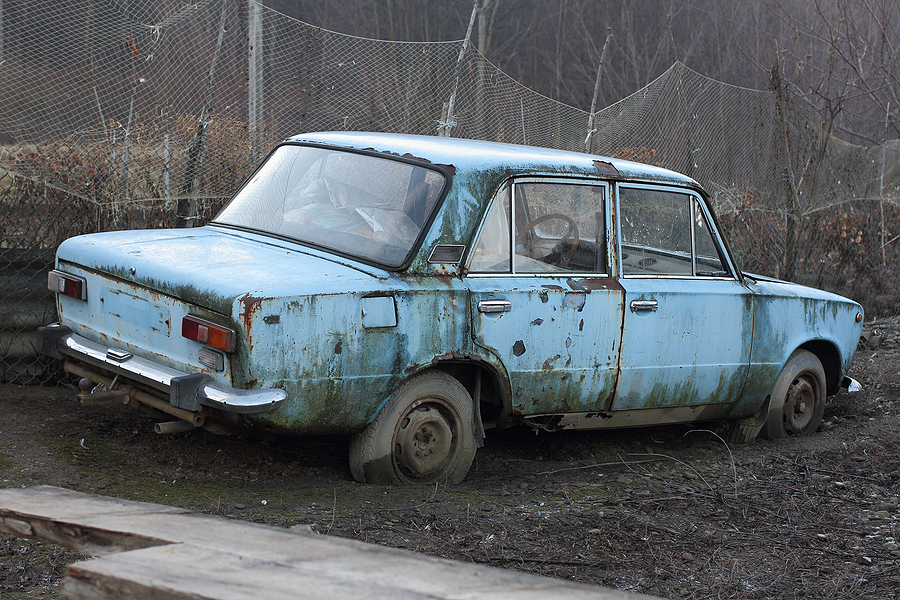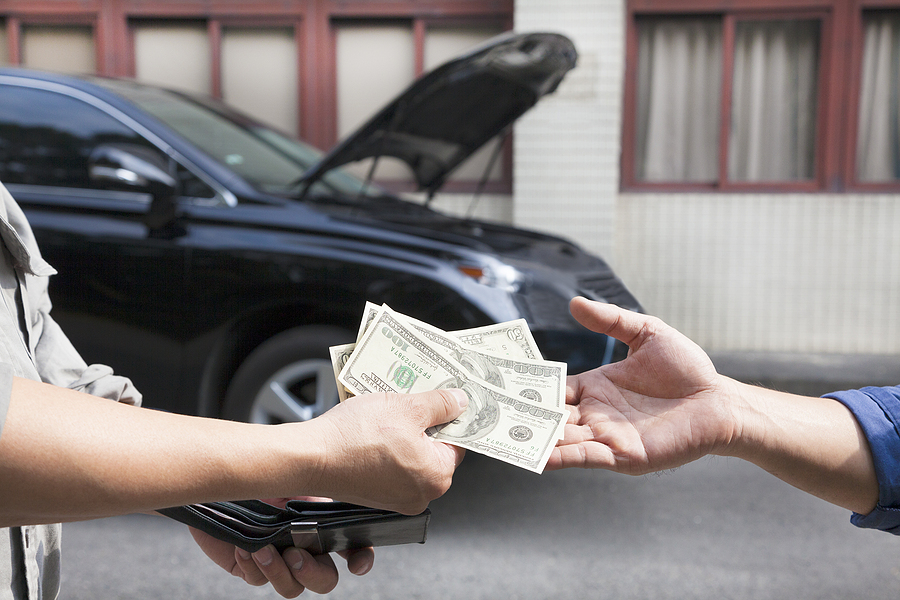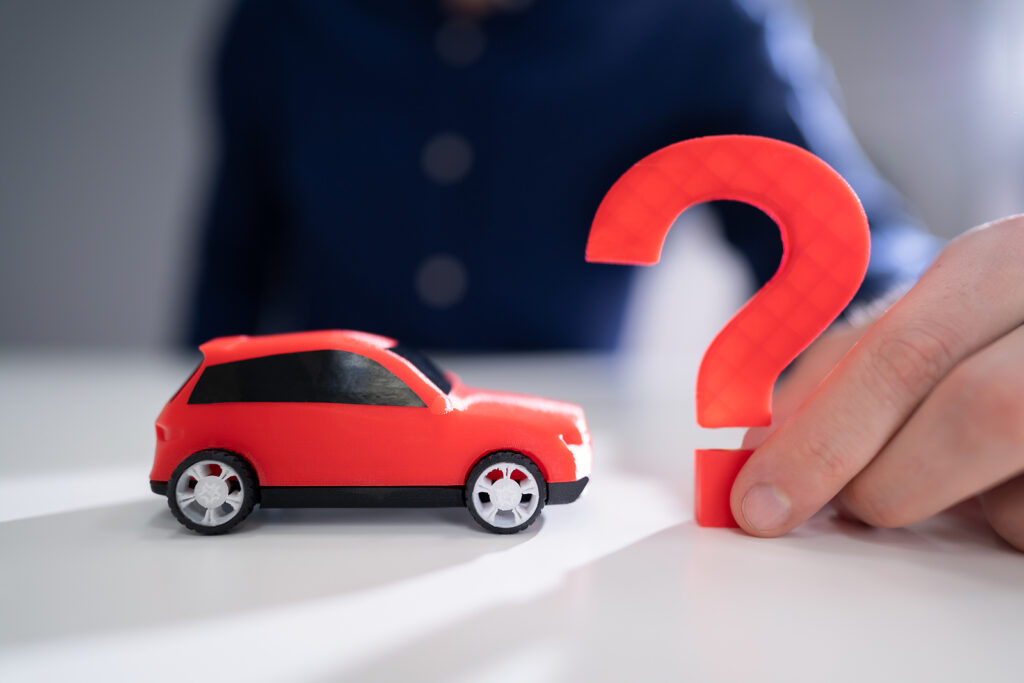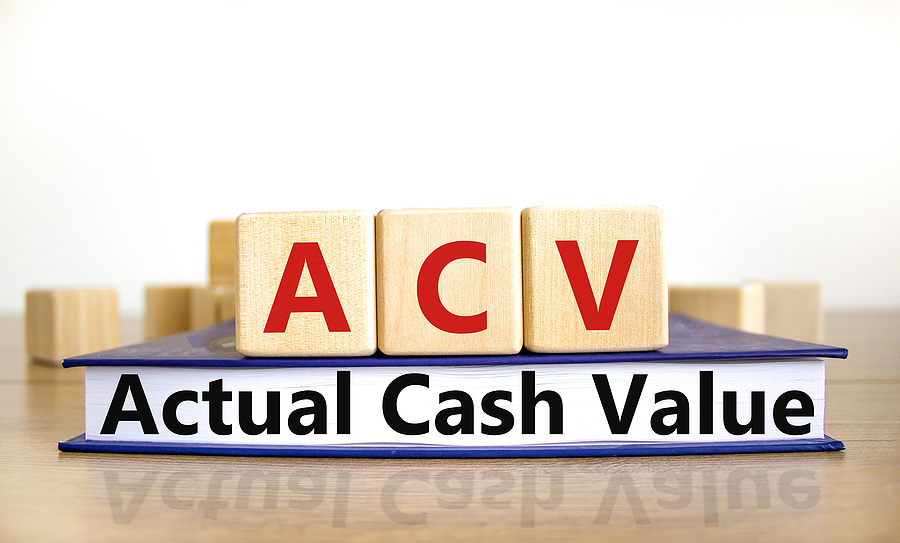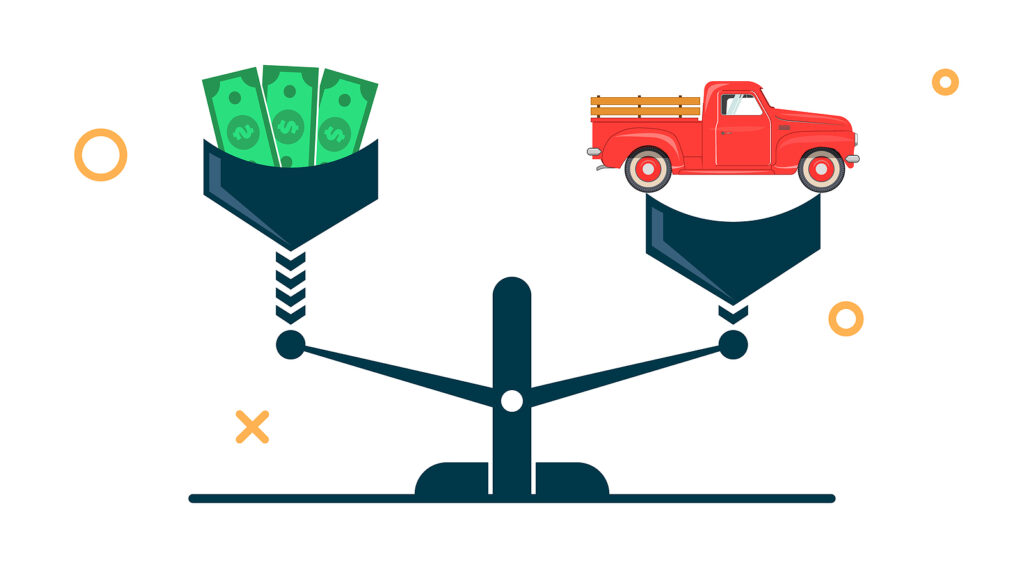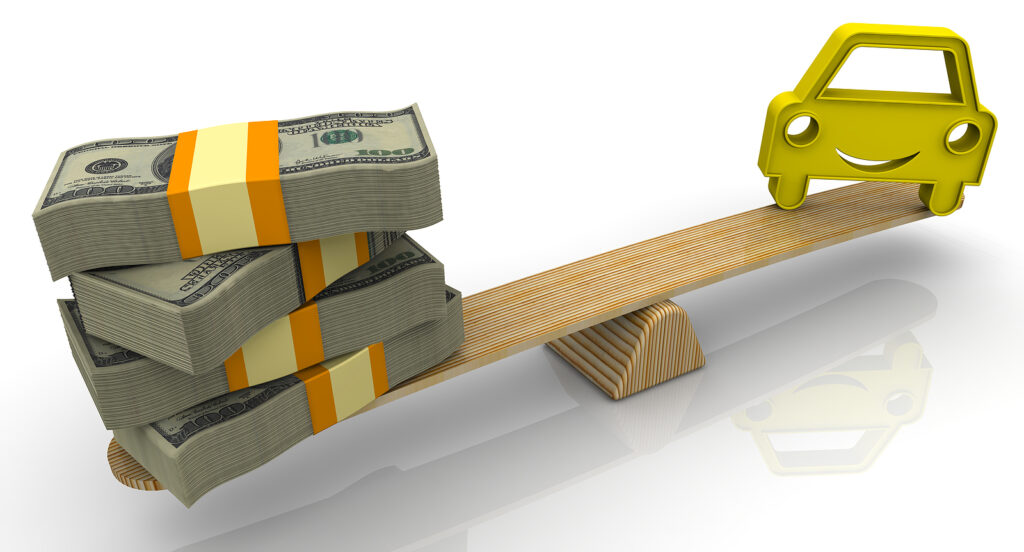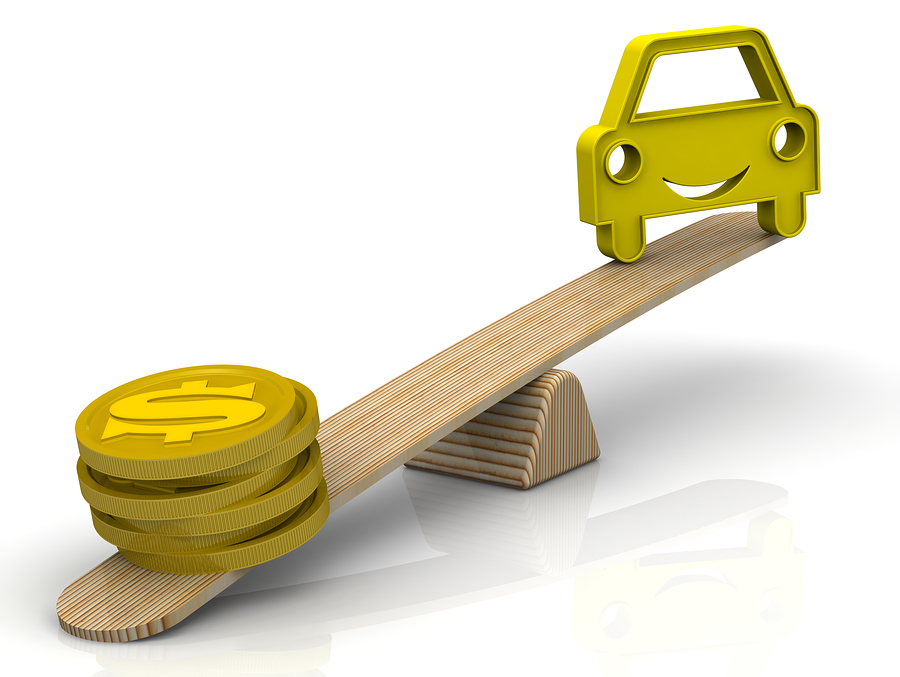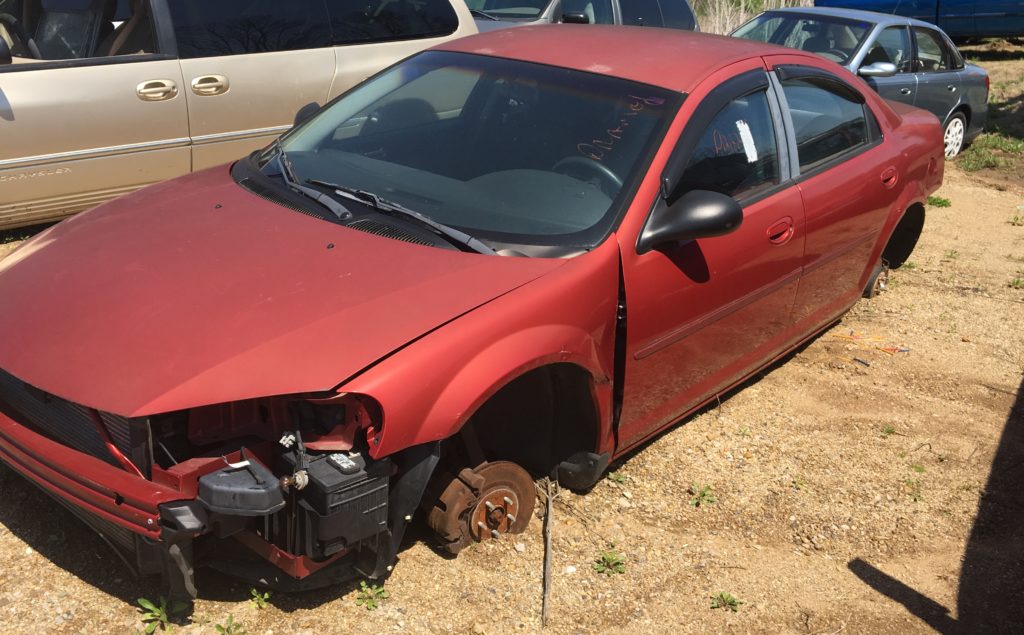Selling a junk car can often feel like navigating through a maze, with so many buyers out there, each presenting different offers and conditions. However, the process can become much smoother and more transparent when you’re armed with the right questions. If you’re in Louisville and looking to sell your junk car, this guide is tailor-made for you.
We will walk you through the essential questions you should ask any potential junk car buyer to ensure you get the best deal possible, with transparency and fairness at the forefront. Whether it’s understanding the valuation process or knowing the paperwork involved, we’ve got you covered. Get ready to transform your old car into cash efficiently and confidently.
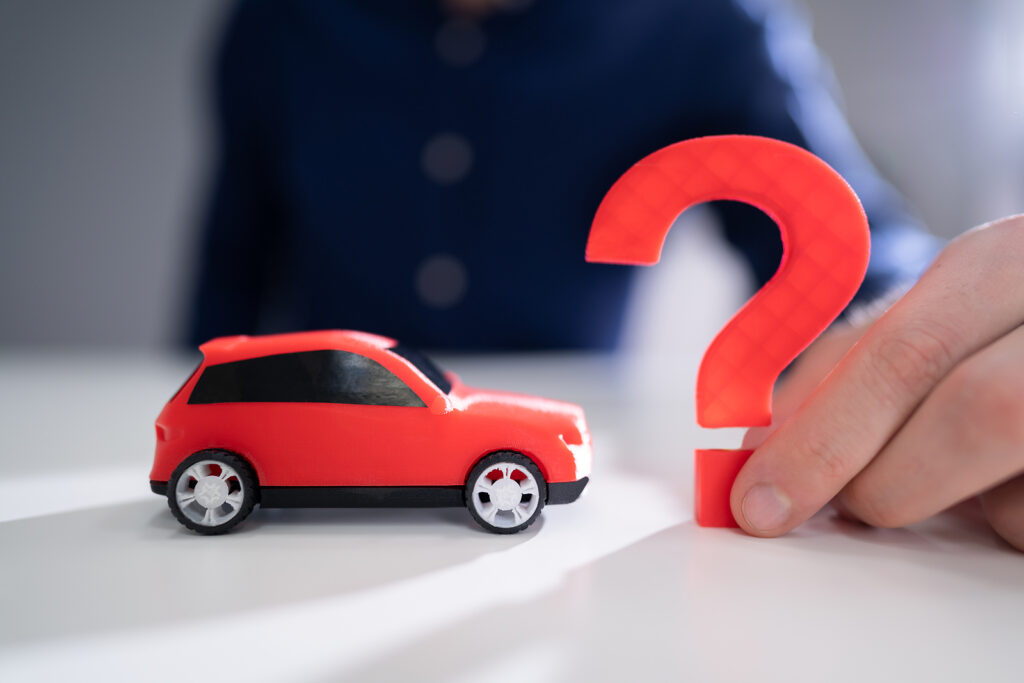
What to Ask Your Junk Car Buyer in Louisville
How do you determine the value of my junk car?
One of the most crucial questions to ask your Louisville junk car buyer is how they determine the value of your vehicle. Understanding this process can help you gauge if you’re getting a fair price for your car. Many factors influence a junk car’s worth, including its age, condition, make, and model. Some buyers may use industry standard valuation tools, while others may have their own methods. It’s essential to ask for a breakdown of how they arrived at the final offer so that you can compare it with other potential buyers’ offers.
Additionally, make sure to inquire about any additional fees or deductions that may affect the overall price. This could include towing fees, storage fees, or any missing parts or damages on the vehicle. Knowing all the factors that go into determining the value of a junk car can help you make an informed decision and avoid any surprise deductions later on.
Do you offer free junk car removal services?
Selling a junk vehicle often means that it is no longer in drivable condition. This can add another layer of inconvenience, as arranging for your car’s transportation to the buyer’s location can be a hassle. That’s why it’s essential to inquire if the junk car buyer offers free towing services. Some reputable buyers in Louisville will include this service as part of their overall offer, making the process much more convenient for you.
If the buyer does not offer free towing, make sure to ask about the cost and how it will affect your final payout. In some cases, it may be worth paying for towing if the buyer’s offer is significantly higher than other offers you’ve received.
What paperwork do I need to sell my junk car?
Another crucial aspect of selling a scrap vehicle is understanding the required paperwork. Different states and cities may have specific regulations, so it’s essential to ask your Louisville junk car buyer about the necessary documents. This could include the car’s title, registration, and any other relevant paperwork.
If you don’t have all the required paperwork, ask if the buyer can assist you in obtaining them. Some buyers may offer this service for an additional fee, while others may not be able to help at all. Make sure to clarify these details beforehand to avoid any delays or complications in the selling process.
Can you provide references or reviews from previous customers?
In any transaction, it’s natural to want to know about a company’s reputation and track record. When it comes to selling your junk car, asking for references or reading online reviews can give you an idea of the buyer’s level of professionalism and customer satisfaction. A reputable junk car buyer should have no problem providing you with references or directing you to their online reviews.
Additionally, doing some research on the buyer’s reputation can also help you avoid potential scams or fraudulent buyers. Take the time to read through any feedback from previous customers and make sure to ask for references before making a final decision.
Is your offer negotiable?
Finally, don’t be afraid to negotiate with your Louisville junk car buyer. If you’ve done your research and know the value of your vehicle, don’t be afraid to counter their offer or ask for a higher price. Many buyers may be willing to negotiate, especially if they see that you have other offers on the table.
However, it’s essential to also consider the buyer’s reputation and professionalism when negotiating. A reputable buyer will be transparent and fair in their negotiations, while a less scrupulous one may try to take advantage of the situation. Make sure to trust your instincts and proceed with caution.
In Summary
With these top questions in mind, you can confidently navigate through the process of selling your junk car in Louisville. By asking the right questions and doing thorough research, you can ensure that you get the best deal possible and avoid any potential scams or fraudulent buyers.
Are you ready to make rapid cash by scrapping your junk vehicle to our trusted Louisville junk car buyers? If so, contact GC’s Junk Cars at 502-804-5605 to sell your junk car in Louisville Kentucky for cash on the spot. We provide free junk car removal too!
Related Posts:
Securely Sell Your Junk Car: Avoid Scams & Find Reliable Buyers
How to Get the Maximum Offer for Your Junk Car
Is it Worth it to Sell My Junk Car in Louisville?

